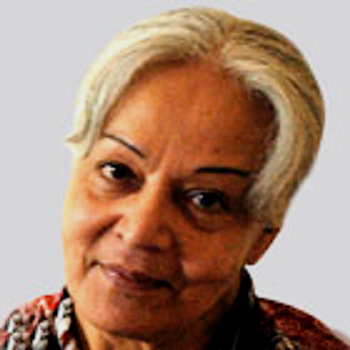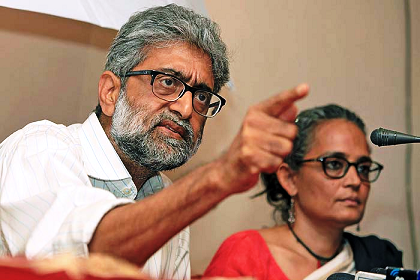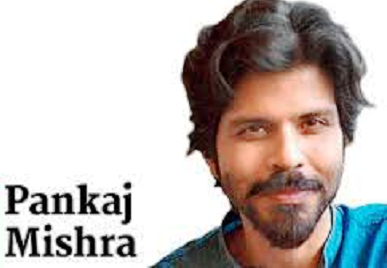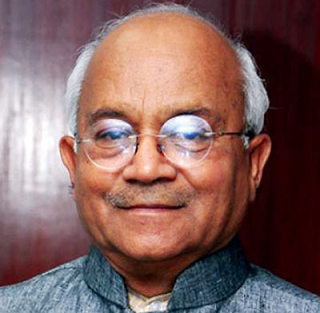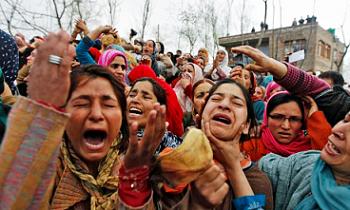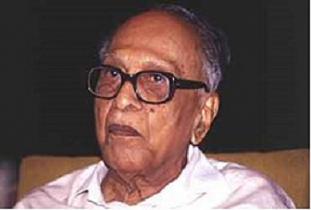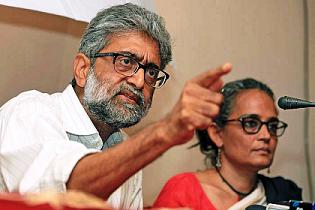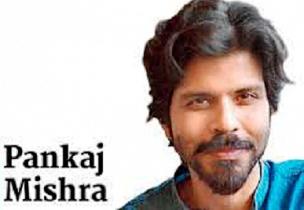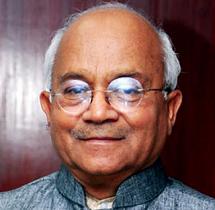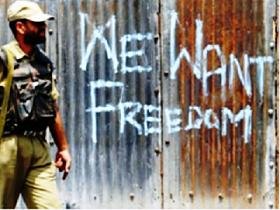Is Kashmir India’s worst enemy?
On his first visit to Kashmir, Indian Prime Minister Narendra Modi was greeted with a shutdown, empty streets (July 04, 2014) and it does not matter the number of times he visits Kashmir, it will manifestly be shown as a ghost country. India has had to face the situation right from the day when Kashmir on October 26, 1947 was occupied. Mr Modi, as reported, visited Kashmir again to celebrate Hindu festival Diwali (October 23, 2014) with flood hit Muslim Kashmir. How long the state of affairs continues remains to be seen.
Pakistan makes it clear that India-Pakistan talks are not a substitute to the UN resolutions on Kashmir which envisage plebiscite in the region. Kashmir, it believes, is a legal issue and its legal position demands that the dispute must be resolved as per the aspirations of Kashmiri people through plebiscite. "Simla Agreement" that India seems comfortable with does not make UN resolutions ineffective.
Indian allergy to world body United Nations insistence to accord right of self-determination to people of Kashmir as guaranteed by nineteen UN Resolutions is not difficult to understand. It even refuses to accept a trilateral dialogue with Pakistan & Kashmir, as it knows the outcome and stubbornly tries to keep Kashmir out of the equation. India conveniently behaves like an Ostrich in a desert and uses its trickery to engage international community with other flimsy issues. India fails to realise that the world is concerned about volatility of the situation putting world peace at risk. What is important is the fact that no country in the world accepts Kashmir as an integral part of India.
The powerful ruling elite using the ´democracy´ tool manages to keep poor majority out of their agendas to promote religious bigotry, Fascism and expansionism based on deep rooted nostalgia. However, India is home to a majority of deprived, persecuted and exploited populace believing in peace, human-rights, and justice for all.
Amrit Wilson writes in the Gaurdian (Thursday July 03, 2014) saying "India´s Prime Minister, Narendra Modi, faced a total shutdown on his first visit to Kashmir. A state where successive Indian governments have stationed an estimated 700,000 military, (now exceeds one million) and paramilitary personnel with one soldier for every 17 civilians. There are, of course, other geopolitical reasons for the military presence, such as the fact that the state borders the Pakistani-controlled part of the Kashmiri region; or that it shares a border with China, a country with which India has a problematic relationship; or, indeed, that Afghanistan is not far away. But the fact remains that the targets of the Indian forces over the last 25 years have been mainly the local (Kashmiri) populace".
Disappearances and so-called encounter deaths are commonplace. There are thousands of unmarked mass graves, and in a secret document International Red Cross Committee in 2005 revealed electrocution, beatings, sexual humiliation used as routinely to extract confessions. Horrific violence faced by women using rape as weapon of war to coerce, intimidate, humiliate and degrade. The draconian laws imposed provides the army and paramilitaries with total impunity enabling them to arrest, fire upon and use of third degree methods causing death. The draconian laws have been condemned by the UN as having no place in a real democracy.
A renowned Indian scholar Pankaj Mishramakes a reference in an article in Daily Guardian, August 14, 2010, and writes "Once known for its extraordinary beauty, the valley of Kashmir now hosts the biggest, bloodiest and also the most obscure military occupation in the world. The hundreds of thousands of demonstrators that fill the streets of Kashmir´s cities today are overwhelmingly young, many in their teens, and armed with nothing more lethal than stones. Yet the Indian state seems determined to strangle their voices as it did of the old one". Mishra continues, "They (the protesters in Kashmir) indeed have a broader mass base than the Green Movement does in Iran. But no colour-coded revolution is heralded in Kashmir by western commentators. The BBC and CNN don´t endlessly loop clips of little children being shot in the head by Indian soldiers".
Gautam Navlakha writes in Economic and Political Weekly that "Long and short of it is that Indian state has become its own worst enemy. There is no point blaming Pakistan, fundamentalists, human rights activists and the usual alibis used by the Indian state. It is time to acknowledge that national security paranoia cannot hide the reality that Muslims of Kashmir have no confidence in the Indian state*quot;. The booker prize winner activist Arundhati Roy maintains that Kashmir has never been part of India, a historical fact even accepted by the government of India.
An article published in Indian Express ´How New Delhi manages Kashmir´ (July 04 2013) records that "It doesn't talk to it, or listen and political initiatives are launched to tide over moments of crisis, to be abandoned as soon as they pass. The Prime Minister Manmohan Singh is right to say that development is not possible unless there is peace. The problem, however, lies in how peace is defined by New Delhi. The lull in Kashmir, especially after the (Indian) government crushed the 2010 protests (killing more than 150 stone pelters), mistakenly hoped for peace and calm expecting automatically help erase the demand for Azadi (Freedom from India). For Kashmir, it has been a calm triggered by hopelessness and there is a growing sense that it is only a pause destined to lead to another phase of strife. There are indications that restlessness has already set in among the youth".
An Indian court registered a case against K Kavitha MP and daughter of Telangana Chief Minister K Chandrasekhar Rao for sedition charges when in an interview to a newspaper Kavitha stated that both Kashmir and Hyderabad were not part of India and were forcibly annexed. The BJP leadership alleged that the statement of Kavitha of Telangana Rashtra Samathi (political party of Telangana) was malicious boosting the spirit of anti-nationals.
Ved PrakashVaidik a humanist & veteran Indian journalist stirred up the hornet´s nest (July 15, 2014) by stating that India and Pakistan should stop fighting over Kashmir and make it an independent nation. The nuclear powers should work to build a bridge rather than a gorge. He further stressed both Kashmirs should be united and we need to take this matter with seriousness.
Late Justice VM Tarkunde stated (February 19, 1990) that "A grant of plebiscite to the people of Kashmir is the obvious solution. If, as a third alternative Kashmir becomes an Independent Democratic and Secular State, its territorial integrity should be guaranteed by India, Pakistan and the UN. That would end the hostility between India and Pakistan and Kashmir will acquire the Status of the Switzerland of Asia. A Humanist cannot wish for anything better".
There is an unending list of humanists, philanthropists, human-right activists and Samaritans in India who show sympathy and empathise with people of Kashmir believing that a lot of blood has been spilled and the crimes against humanity must stop now. India needs to understand that now in 21st century old political gamesmanship is redundant and obsolete. Information travels at the press of a button and the facts of ground reality cannot be hidden anymore. India tried all methods of coercion, use of brute force, intimidation and violence to break the will of people and failed miserably as the people of Kashmir giving sacrifices unprecedented are resolved to take the rightful political struggle to a logical conclusion.
Comments
There are 0 comments on this post



